Emergency Kit
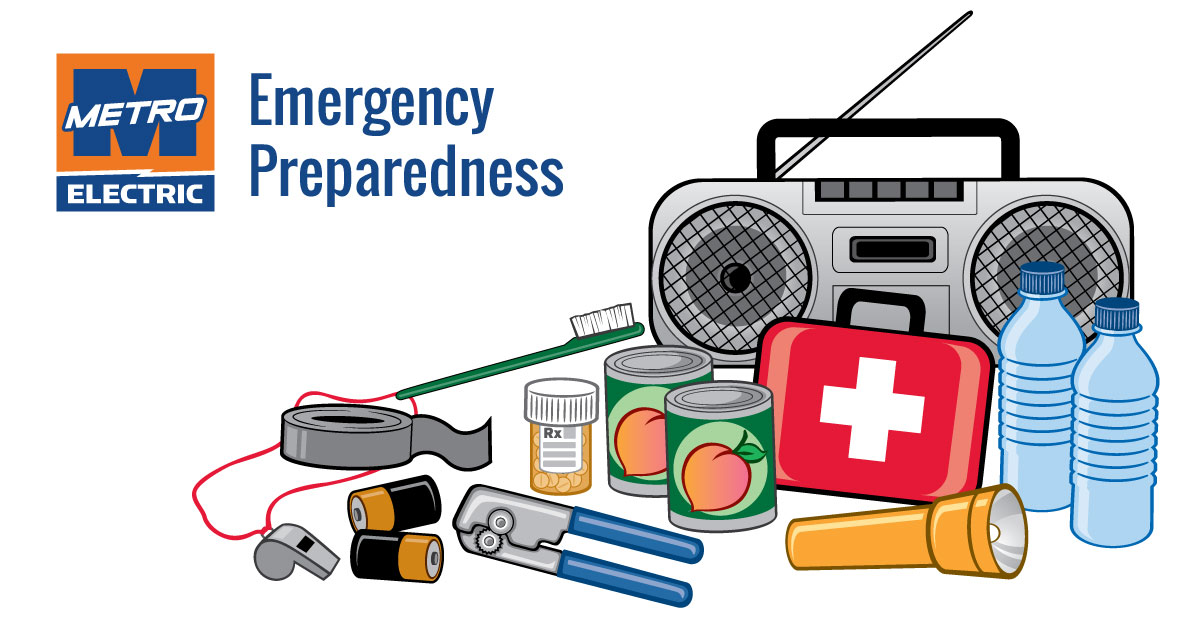
This month’s goal:
Put together an emergency kit with important items to keep at home, and a go bag with items you will need to take with you if you evacuate. You can make kits for your home, car or workplace. Emergencies can happen anywhere.
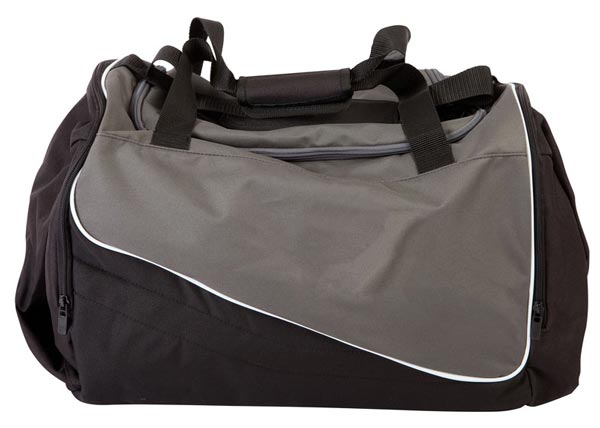
Think about these items for your Go Bag:
- Battery powered radio and extra batteries
- Flashlight with extra batteries
- Lightweight blankets
- Emergency information, including insurance policies
- A list of medications and correct dosage, and doctor’s names
- Personal items such as toothbrushes, soap, extra glasses, etc.
- First aid kit
- Whistle
- Change of clothing
- Nonperishable snacks
- Books, cards or magazines to pass the time
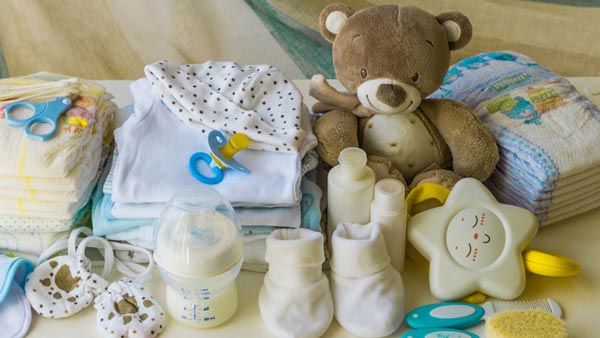
For infants and children:
- Baby formula and food
- Diapers
- Baby wipes
- Blanket or toy
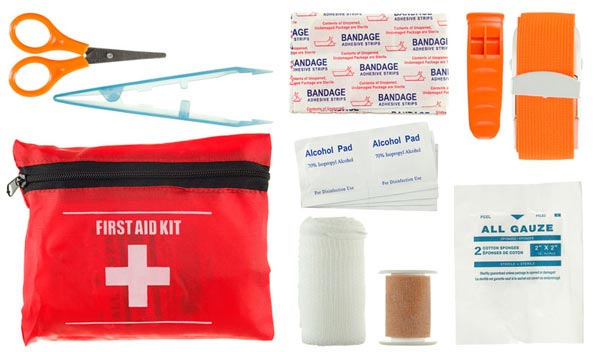
For medical conditions:
- Empty pill bottle(s) or a list of current medications (make sure you update your go bag when your medications change)
- Your doctor’s phone number
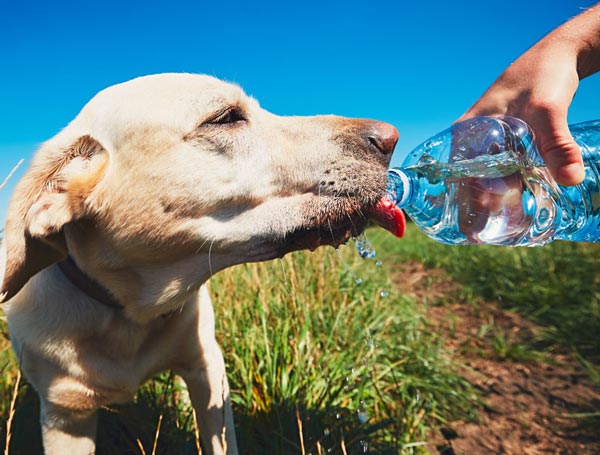
For pets:
- Pet food and water
- Collar with ID tags
- Pet medication(s)
- Pet carriers and leashes
- Medical records from vet
- Photos of your pet
- Microchip information
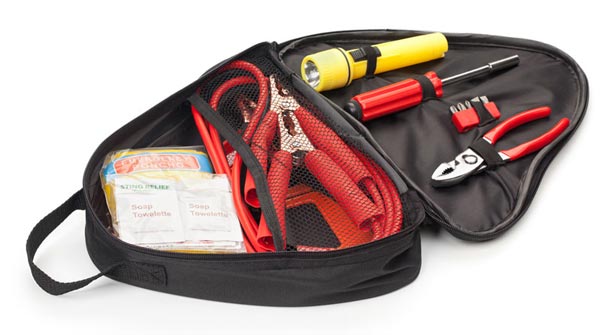
Make or buy an emergency kit for your car:
If you travel with your pet regularly, make sure that you have an emergency kit for them as well. Some items to think about for your car kit are: a small first aid kit, flashlight or light sticks, flares or reflective cones, a blanket, cell phone charger, jumper cables, bottled water, nonperishable snacks, and a “help” flag or brightly colored cloth that can be tied to the antenna.
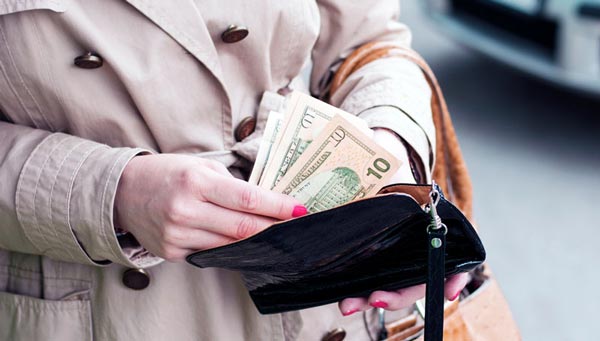
ATM machines may not work:
Stash some cash in case ATMs and credit card machines are not usable in a disaster. Grocery stores and other businesses may not be able to accept your credit or debit card. Cash could be the only acceptable means to make a purchase. Some experts say you should have at minimum $150.00 in cash stashed away. Take $1.00 a week and place it in an envelope in your emergency kit. In just a little time, you will have some cash stashed away for use in emergencies.
